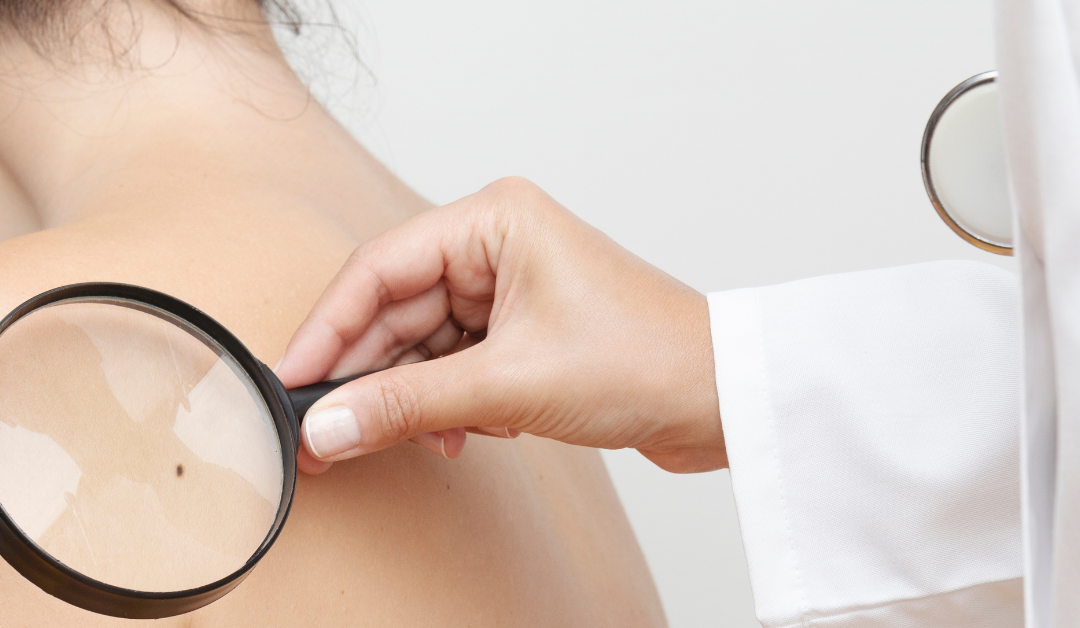You might want to learn how to avoid skin cancer, which is a serious issue that affects millions of people. It is caused by the unusual growth of skin cells and is oftentimes the result of excessive exposure to ultraviolet radiation from the sun. While some types of skin cancer can be hereditary, anyone can develop skin cancer without genetics involved. Taking preventative measures such as wearing sun-protective clothing and sunscreen, avoiding tanning beds, and getting regular skin screenings can help reduce the risk of developing skin cancer.
DCSI has well-educated and professional dermatologists that can help you with your skincare journey, whether you have skin cancer or not. Dr. Wassef details how to avoid skin cancer in the following article. Keep reading to learn more.
Is Skin Cancer Hereditary?
Are you wondering, "Is skin cancer hereditary?" Studies have shown that about 10% of people with melanoma, the deadliest form of skin cancer, have a family history of it.[1] It is important to note that most cases of skin cancer are not hereditary but rather caused by exposure to UV radiation. While genetics can play a role in the development of skin cancer, know that there are many other risk factors, like excessive tanning bed use and a weakened immune system. It is important to visit a dermatology and skin care center in person if you are feeling uneasy or have specific questions.Skin Cancer Symptoms
Skin cancer is a serious condition where action must be taken if it develops. It occurs when skin cells uncontrollably start to grow, which is a result of overexposure to the sun's UV radiation. While skin cancer can be treated if detected early, it's important to know the symptoms so that you can catch it in time. UV protection is crucial to prevent the onset of skin cancer. Using sunscreen with at least an SPF (sun protection factor) of at least 30, or wearing clothing that is made to block out UV rays, can both help to protect you from ultraviolet radiation. However, no sunscreen can completely block UV rays, which means limiting your sun exposure is also helpful. Here are some common symptoms of skin cancer that you should watch out for:- A new growth/sore that doesn't heal: If you notice a new growth or sore on your skin that doesn't seem to heal, it could be a warning sign of skin cancer. Melanoma sun spots on the skin are sometimes indicators of skin cancer as well. If these spots or growths are tender or painful to the touch, you should seek a doctor.
- A change in the appearance of a mole: Moles are a common occurrence on the skin, but if you notice that a mole has changed its appearance, it should be examined by a doctor. This could include changes in size, color, shape, or texture.
- Redness/swelling: If you notice any redness or swelling on your skin, especially in an area that's been exposed to the sun for a long period of time, it could be a sign of skin cancer. This is particularly true if the redness or swelling is accompanied by tenderness and pain.
- Itching/bleeding: If you notice that a mole or growth on your skin is itching, bleeding, or crusting over, this could also indicate the presence of skin cancer. This is especially true if the mole or growth is located on a sun-exposed area of your body.
- Dark streaks under the nails: If you have dark streaks under your nails, it could be a warning sign of skin cancer. This is particularly true if the streaks are black or brown and don't go away over time.


